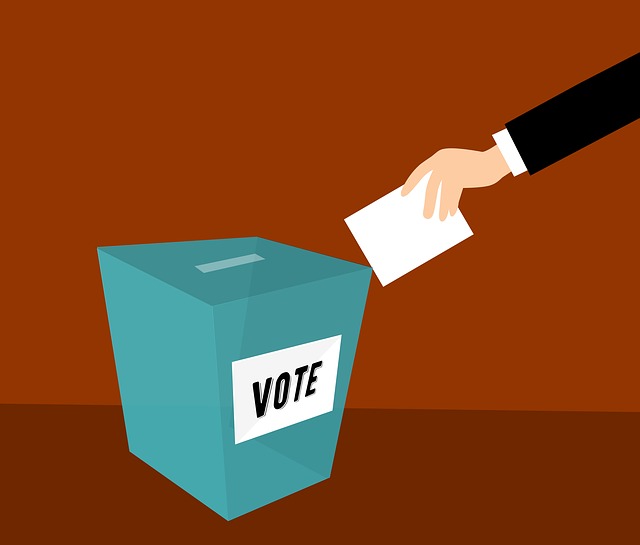Modern Canada: Growth, Prosperity, and Social Development
The postwar years in Canada were marked by unprecedented economic growth and wealth, positioning the country as one of the strongest industrialized nations. With increased ties to the United States and international trading partners, Canada witnessed transformative changes in various sectors that laid the groundwork for the prosperous nation we know today.
Economic Boom and Industrial Growth
Following World War II, Canada’s economy experienced a boom that saw it evolve into one of the world’s leading industrialized nations. The General Agreement on Tariffs and Trade (GATT), which later became the World Trade Organization (WTO), was instrumental in opening up international trade. This provided Canada with more access to global markets, fostering growth and prosperity.
A significant event in Canada’s economic history came in 1947, when the discovery of oil in Alberta sparked the growth of the country’s energy sector, making Canada one of the leading energy producers globally. This, coupled with the country’s growing industrialization and increased trade with neighboring nations, particularly the United States, set the stage for a long period of economic success.
As a result of these changes, Canada’s standard of living rose dramatically. By 1951, most Canadians had access to sufficient clothing, food, and shelter, and the gap between the wealthy and the less fortunate began to narrow, creating a more equitable society.
Economic Prosperity and Social Assistance
Between 1945 and 1970, Canada’s economy experienced rapid growth, and it became one of the wealthiest nations in the world. This prosperity allowed the Canadian government to invest heavily in social welfare programs, ensuring that the needs of its citizens were met and improving overall quality of life.
Programs like unemployment insurance (now called employment insurance) were introduced in 1940 to help workers who lost their jobs. These programs were expanded as Canada’s wealth increased. In addition, the Canada Health Act was passed to ensure that all Canadians had access to universal healthcare, guaranteeing high-quality medical care regardless of income.
To support its aging population, Canada implemented Old Age Security (OAS) in 1927, followed by the creation of the Canada Pension Plan (CPP) and the Quebec Pension Plan (QPP) in 1965, which provided seniors with financial security in their later years. The Canadian government also introduced programs to support public education, ensuring that every citizen, regardless of their financial background, had access to quality schooling.
Canada’s Growing Global Role
As Canada’s economic success continued, the country also began to play an increasingly significant role on the international stage. Trade agreements, such as the Canada-United States Free Trade Agreement (FTA) in the late 1980s, and later the North American Free Trade Agreement (NAFTA), solidified Canada’s role as a major player in global commerce. Through these agreements, Canada strengthened its economic ties to the United States and Mexico, opening up further opportunities for Canadian businesses to expand globally.
The Alberta oil boom and increased trade were not just economic milestones; they also influenced Canada’s approach to its natural resources, environmental policies, and infrastructure development. The nation invested in energy infrastructure and explored ways to reduce its reliance on foreign oil, positioning Canada as a leader in global energy production and technology.
A High Standard of Living
Today, Canadians enjoy one of the highest standards of living in the world. With its thriving economy, high levels of education, access to healthcare, and a well-established social safety net, Canada is regularly ranked among the best places to live globally. The country’s focus on diversity, inclusion, and equality has helped create a stable and prosperous society that provides ample opportunities for growth and success for its citizens.
In conclusion, the modern era of Canadian history has been one of extraordinary growth, prosperity, and social advancement. From the postwar economic boom to the development of comprehensive social welfare programs, Canada’s transformation into a leading global nation reflects the hard work of its citizens, the strength of its trade partnerships, and the foresight of its leaders. Canada continues to thrive as one of the world’s most prosperous, equitable, and progressive nations.
